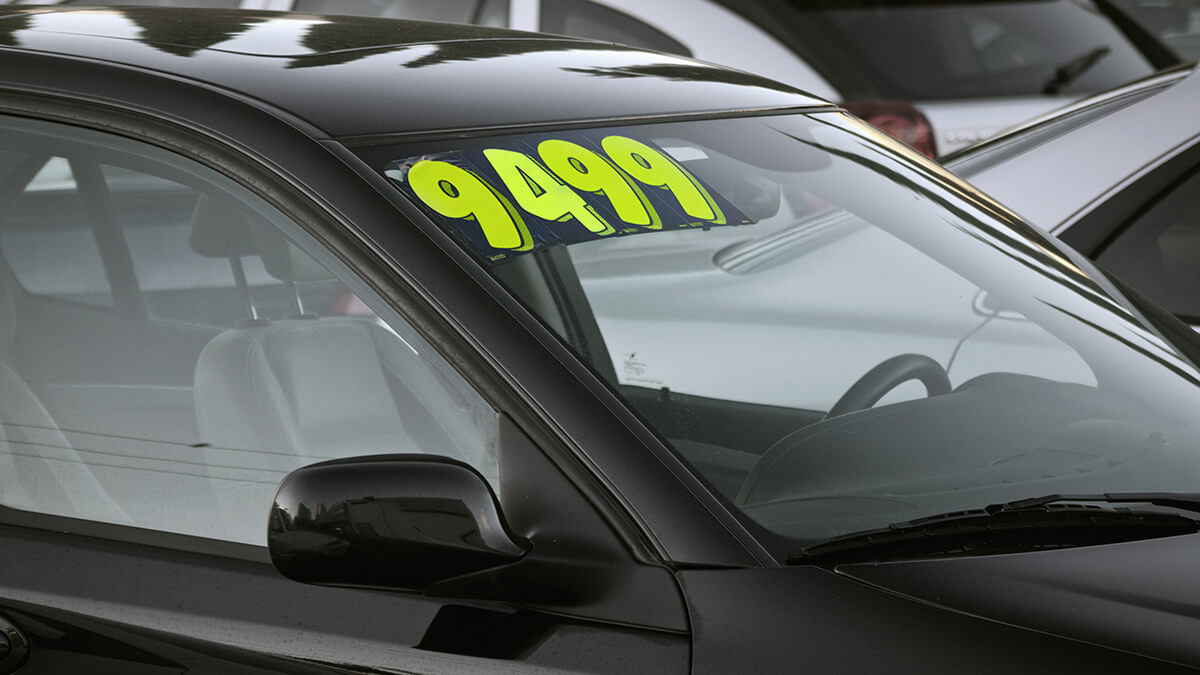
Tips for buying a used car

Buying a used car can be scary — especially if you worry about being scammed. There’s nothing worse than seeing a car you like online, checking it out in person and making the purchase — only to realize the previous owner ‘forgot’ to mention some serious mechanical issues. Pretty discouraging to say the least. I have only ever purchased used cars, so I’ve learned a thing or two about getting the right bang for your buck and lucky for you, I’m going to share it!
1.- The first step when buying a used vehicle is to determine your budget. It will narrow down your choices while searching the local area for deals, and you’ll be able to calculate your monthly payment if you decide to finance it. If you do plan on financing the vehicle, research your options! You may find that a loan from your bank will have a lower interest rate compared to the dealership or manufacturer.
2.- Next, decide if you want to purchase a used vehicle from a dealership or a private owner. If you’re leaning towards a dealer, expect a bigger price tag. Used vehicles in their lot may include an extended warranty or service program, meaning these cars must be refurbished in order to meet warranty standards. Wondering where these cars came from? They’re usually acquired from auctions or trade-ins.
3.- If you prefer buying from a private party, expect to do all the leg work. When you meet with the owner, be prepared with a list of questions regarding ownership history, maintenance upkeep and the current condition of the car. Do a walk-around and take note of any bumps or scratches on the car, as well as any leaks. Remember, as the buyer, you are in control of the sale! Feel free to ask as many questions as you want about the vehicle you are interested in buying – especially if you don’t know much about the make of the car. It will save you financial headache in the long run. Want to investigate the car’s history yourself? Write down the VIN number (usually located on the driver’s side door) and you can run a report online for a small price.
4.- Whether you are purchasing from a dealer or private owner, ALWAYS take the car for a test drive! During the drive, it’s a good idea to drive on hills, highways and in stop-and-go traffic. You’ll get a better feel for how it drives and decide if you feel comfortable driving it.
5.- Finally, after negotiating a price, it’s time to close the deal! Before you negotiate, make sure the car is priced fairly (you can find out it’s worth on a vehicle valuation website). After a price is set, you should never pay a private seller with cash. If something goes wrong and there’s no paper trail, it may be tough to get your money back. Along with the car, the previous owner should provide the title, a dated receipt for the sale signed by you and the seller and a spare key if available. Also make sure to research the rules in your state regarding how the seller should transfer the title for the vehicle to you. Call your insurance agent prior to taking possession of the car for information on the process to insure the new vehicle.
If you are closing the deal at a dealership, it’s a similar process unless you are paying with a car loan or trading in your old car. Also, ask about getting an extended warranty for the vehicle at a fair price. This is usually negotiated separately from the car purchase.
Good luck and happy shopping!
